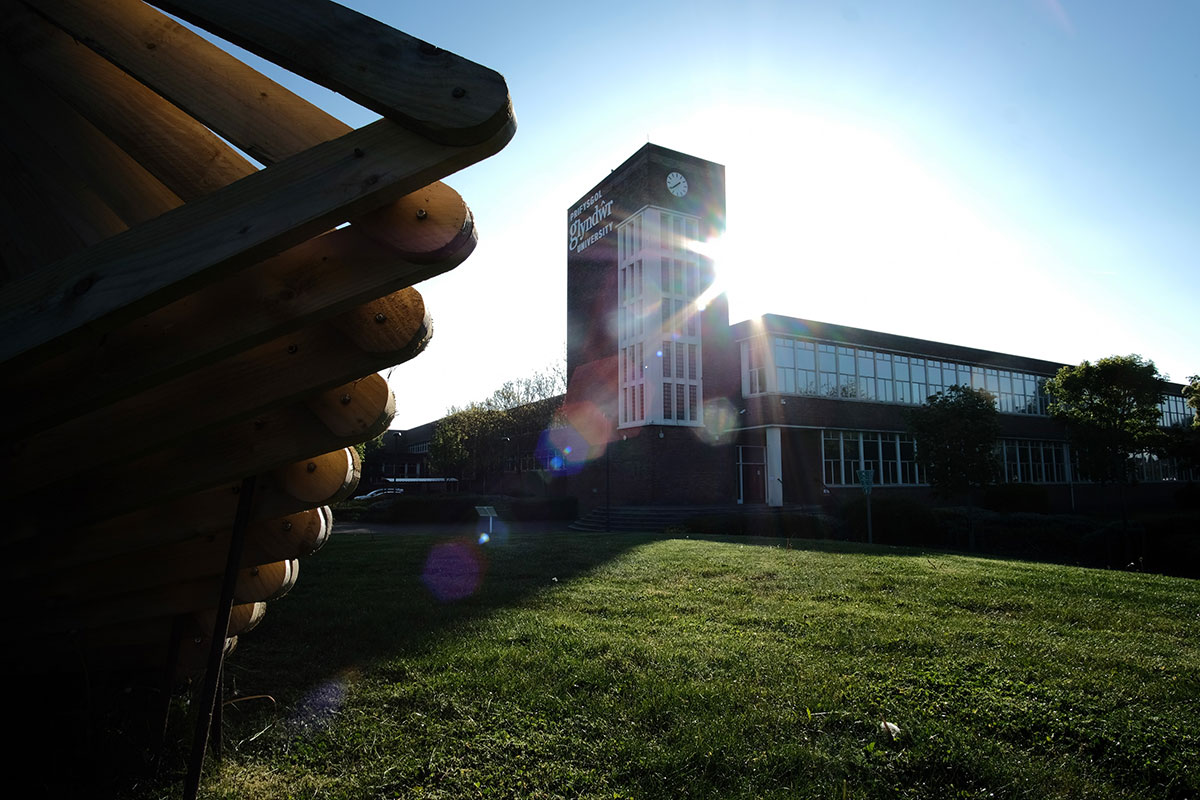Policing of the Hunting Act in North Wales examined in newly published review led by Wrexham Glyndwr University researchers

Date: Thursday 12th January 2023
An independent review into the policing of the Hunting Act in North Wales – led by researchers at Wrexham Glyndwr University – has been launched today (12/1/23).
The report has been produced by members of Cyfiawnder – the Social Inclusion Research Institute at Wrexham Glyndwr University, who sought the views of the pro-hunting and anti-hunting community, the police and others connected with the issue.
Wrexham Glyndwr University’s Research Institute aims to be a supportive resource for service providers in the health, social care and criminal justice fields to identify, promote and research good practice in those areas.
The review was ordered in May 2022 by North Wales Police and Crime Commissioner Andy Dunbobbin and, while the text highlights that North Wales Police’s actions are consistent with good practice, it also includes a set of recommendations for the Force on how it polices hunting across the region.
It looked at enforcement challenges linked to Hunting Act 2004 for the police; what constitutes good practice in relation to policing the hunting ban; how well North Wales Police performs in relation to illegal fox hunting and incidents connected with hunting that are brought to their attention; and how well the Force complies with National Standards on recording, responding, investigating and prosecuting incidents connected to hunting.
The review notes that fox hunting is not a national policing priority and that in the past this fact has informed North Wales Police’s response to the issue. But the report also highlights that the Force’s policing of the Hunting Act aligns well with good practice guides. It also emphasises that in the 12 months leading up to the review, North Wales Police had been “refreshing its approach and practices associated with enforcing the hunting ban and incidents associated with it”.
Professor Iolo Madoc Jones of Cyfiawnder - the Social Inclusion Research Institute at Wrexham Glyndwr University, said: “The research team and I would like to thank everyone who contributed to this independent review by sharing their experiences of how the Hunting Act is being enforced, and how incidents connected with hunting are being policed.
“The Research Institute at Wrexham Glyndwr University aims to be a resource for service providers in the health, social care and criminal justice arena to identify, promote and research good practice in those areas.
“Our aim throughout the research and review has been to work to the highest standards of academic integrity to ensure our conclusions and any recommendations are evidence-based. The process has led us to consider that, overall, allegations of illegal fox hunting are currently investigated in a proportionate manner.”
Andy Dunbobbin, Police and Crime Commissioner for North Wales, said: “My role as Police and Crime Commissioner is to make sure that the people of North Wales have the best police service possible, wherever they live. Rural and wildlife crime is especially important to me due to the significant impact that crime can have on our rural communities across North Wales.
“Many people from across the spectrum of opinion on hunting raised this issue with me and I commissioned this review to gain an independent and objective insight into how the Hunting Act is policed in North Wales. It is important that we put the police under a lens to see where they are policing effectively and where any improvements might be needed.
“While the findings demonstrate that North Wales Police are doing an effective job in policing the Hunting Act, and in balancing the strident views on both sides of the hunting divide, the report also recommends a number of changes in operations. I will now work with the Chief Constable and senior officers of North Wales Police to see how these recommendations can be put into practise.
“I would like to thank the team at Wrexham Glyndwr University for their work in completing this review in a pragmatic, professional and objective manner. I would also like to sincerely thank the many members of the public who took part and shared their thoughts.”
It is expected North Wales Police will review the findings and return to the Police and Crime Commissioner with a plan of action into how the recommendations can be implemented.
To read the full review and its recommendations, visit the website of the Office of the Police and Crime Commissioner here.
NOTES
The ‘Independent review of North Wales Police performance in relation to enforcing the ban on fox hunting with hounds and policing incidents connected with hunting’ involved three elements: a survey, reported incidents review and interviews with key stakeholders.
The survey was distributed widely and captured data from a larger sample of respondents than would have been possible through interviews alone and in total 117 eligible responses were received.
In total, the police response to 57 incidents was examined. Finally, for the interviews a sampling frame was created of interested and involved parties and invitations to contribute to the research were distributed. Ten police officers or staff; nine individuals with standing within Monitor/Saboteur organisations, four people involved in hunting; five individuals affected by hunting and five others with insight based on their work were interviewed. Written/video evidence was also submitted by hunt and anti-hunt groups and the Crown Prosecution Service.